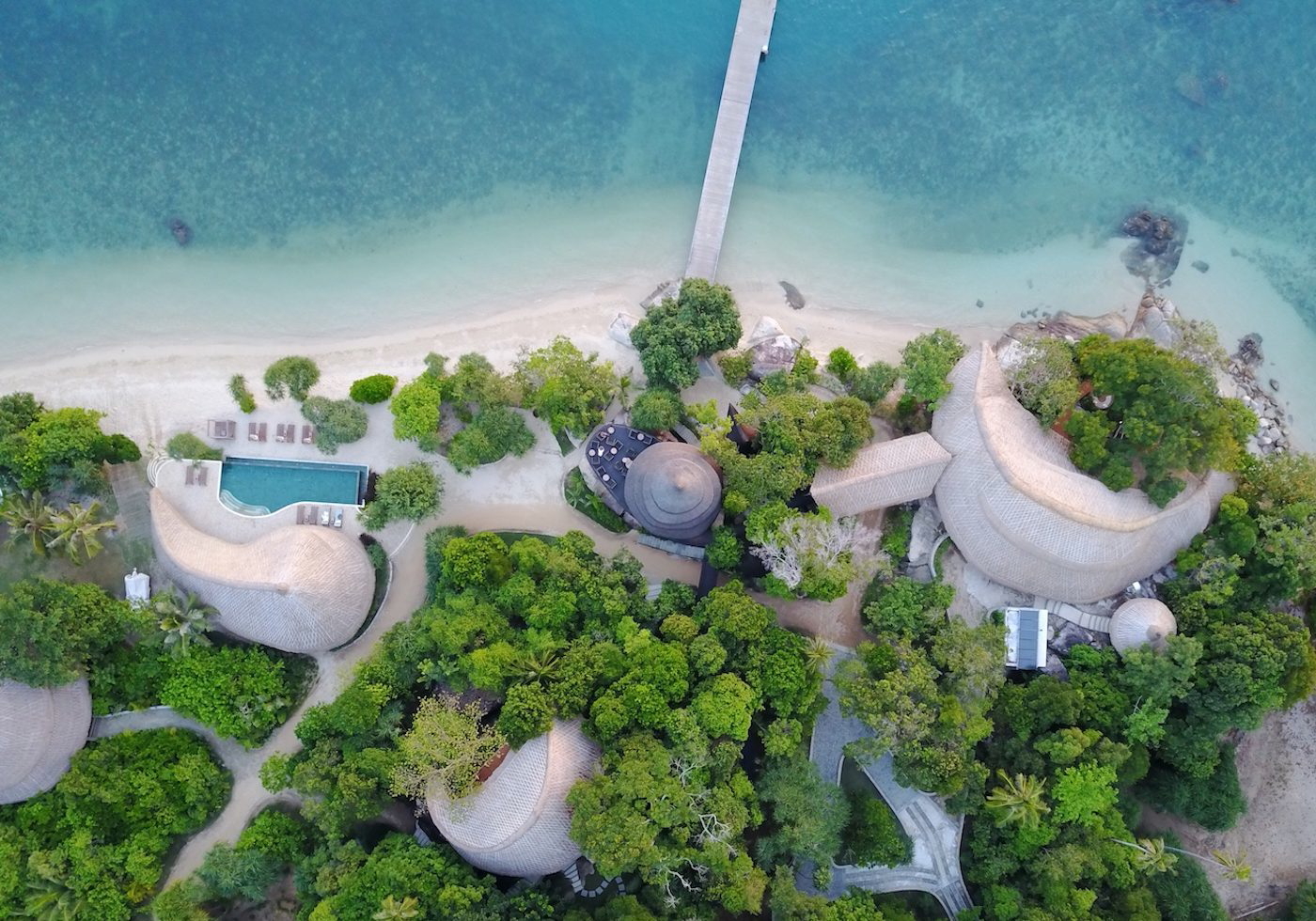|
The organizers of the annual Hotel Investment
Conference Asia Pacific (HICAP), have unveiled the winners of the
HICAP 2017 Sustainable Hotel Awards.
The 28th annual HICAP will be held 18-20 October
2017 at the InterContinental Hong Kong.
In the category
of Sustainable Investment, the winner is Soneva Fushi in Baa
Atoll, Maldives. On a remote island without access to an electric
grid or potable water, Soneva Fushi demonstrates remarkable
financial ingenuity and ROI regarding its sustainability
initiatives. For instance, a Purchase Power Agreement was
engineered to source electricity from a 700kW on-site solar
installation which reduced annual energy spend by 20% with no
up-front costs. Capitalizing on waste as a resource, an on-site
glass studio was established to create innovative art from the
operation�s glass waste for in-house display and guest purchase.
Along with onsite vegetable production with food waste composting,
such initiatives generated US$265,000 in value in 2016. To address
the impact of guest flights, a 2% environmental levy on all room
rates was introduced in 2008. The funds (US$6m to-date) are used
for a variety of social carbon projects certified with Gold
Standard carbon credits, which collectively have benefitted
185,000 people, while mitigating the hotel�s entire carbon
footprint.

In
the category of Sustainable Design, the winner is
Cempedak Private
Island in Bintan Island, Riau Province, Indonesia
(pictured). Imagine a tiny
tropical island, covered in forest, bathed in sunlight and lapped
by the clear blue sea. There are no phones, wifi, televisions,
aircon or mini bars. Your room is made of bamboo, the roof grass,
and your furniture of construction off cuts. There�s one
restaurant with a single menu. Working closely with the architect,
local bamboo specialists and the landscape designer, the owners
have enabled 2/3 of the island to remain untouched. The landscape
design has predominately used plants propagated from the island. Through the combination of minimizing electrical devices, while
incorporating highly efficient DC ceiling fans - with bamboo
blades of course, gardens to filter waste water rendering it
reusable, solar hot water systems, low energy relay lighting
systems and gas-powered hand pulled espresso machines, the power
consumption is around 300kW/hr per day across the entire resort, designed to run on a single 24kW generator.
In the category of Positive Community Impact,
the winner is Shangri-La Hotels & Resorts� group-wide �Rooted in
Nature� initiative. Created based on guest feedback indicating a
strong demand for local, sustainable menu options, Rooted in
Nature aligns company strategy and targets with local community
benefit and guest experience. A goal was set to procure 50/75% of
menu items by 2017/2020 directly from local, small scale producers
and fish traders producing quality ingredients supplied by
farmers, herders, fishers, butchers, bakers and artisans
preserving traditional knowledge and techniques, and working with
respect for the environment, landscape and animal welfare. Through
2016, nearly 2,000 Rooted in Nature dishes were offered across the
portfolio�s restaurants meeting at least one of the criteria of
being locally grown (20km radius), chemical-free, sustainably
sourced, or certified organic or fair trade. Suppliers are given
support and training, and feedback indicates 86% of the program�s
suppliers increased their revenues as a result, and 41% have
committed to changing their way of farming to incorporate more
sustainable practices.
Launched
in 2007, the HICAP Sustainable Hotel Awards were designed to recognize hotels in the Asia Pacific
region creating innovative new methods, strategies, and
technologies to face today�s sustainable development challenge,
while providing tangible examples of sustainable best practices
that can be replicated and adapted across the region.
|
Headlines: |
|
See latest
HD Video
Interviews,
Podcasts
and other
news regarding:
HICAP,
Sustainable,
Green,
CSR.
|
